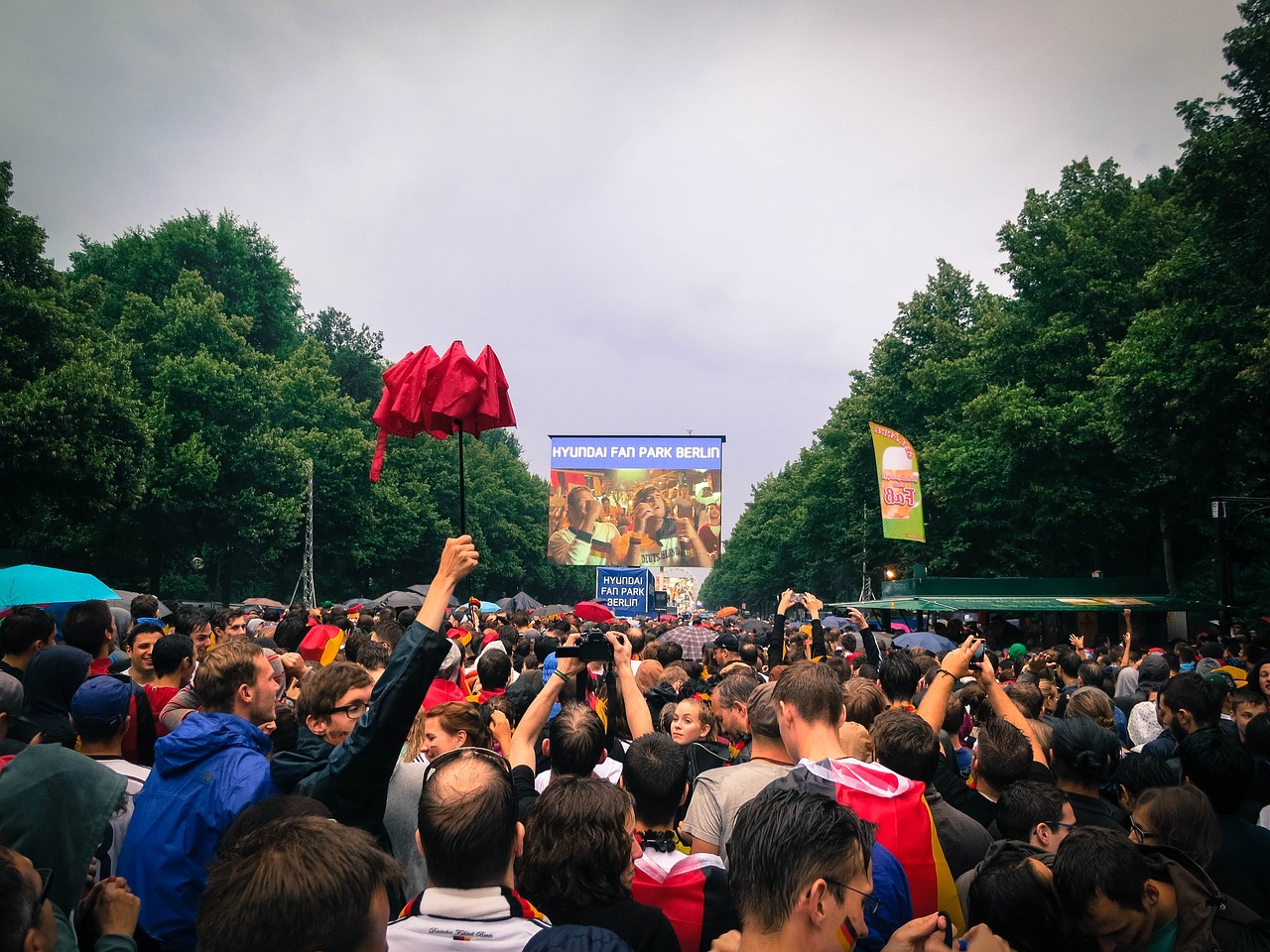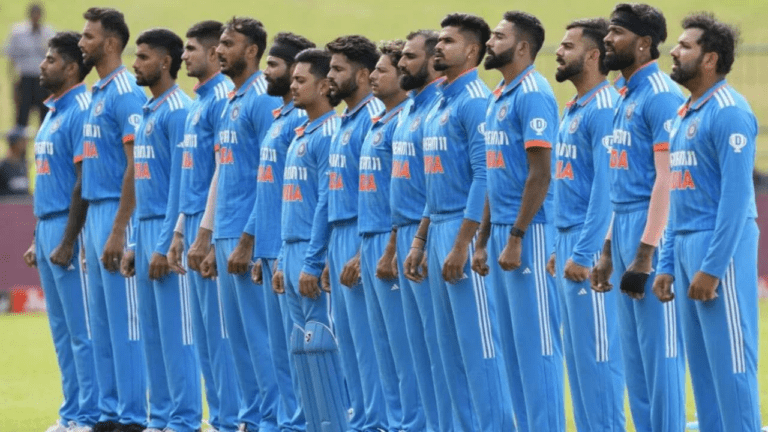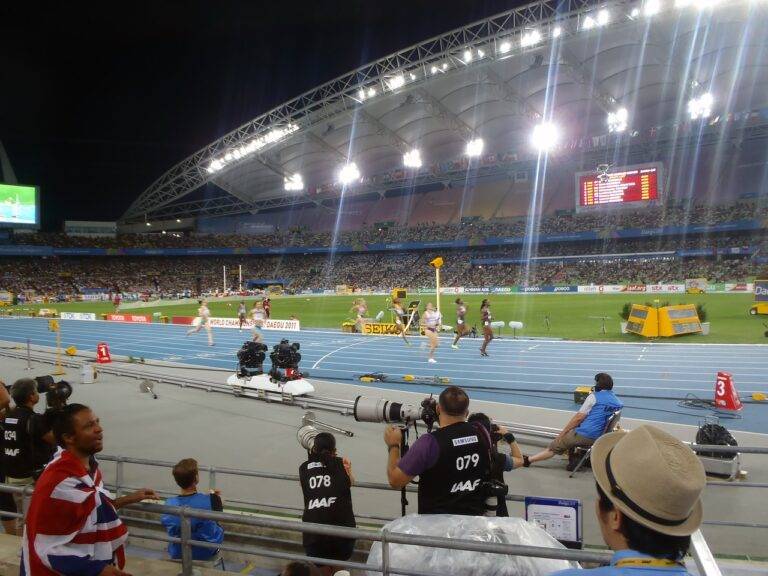IPL and Sports Law: Legal Issues and Regulatory Framework
11xPlay, Allpaanel: IPL, also known as the Indian Premier League, has transformed the landscape of cricket globally. Launched in 2008, it quickly rose to become one of the most lucrative and popular T20 cricket leagues in the world. The IPL revolutionized the game by introducing franchise cricket, enabling players from different countries to come together and play for city-based teams in a competitive league format. This unique model not only elevated the standard of cricket but also opened up new opportunities and challenges in the realm of sports law.
As the IPL gained momentum and commercial success, it also brought to the forefront various legal issues and challenges. From player contracts and endorsement deals to anti-corruption measures and disciplinary actions, the IPL has sparked debates and controversies on diverse legal fronts. The impact of IPL on sports law cannot be understated, as it has prompted sports governing bodies, legal experts, and policymakers to delve into complex issues related to player rights, revenue sharing, intellectual property rights, and ethical considerations in sports governance.
Key Legal Issues Surrounding IPL and Sports Regulations
An essential legal issue concerning the Indian Premier League (IPL) is its governance and regulatory framework. The IPL operates within the wider context of sports regulations, with challenges arising from issues such as player contracts, salary caps, and anti-corruption measures. The need for consistent enforcement of rules and regulations is crucial to maintaining the integrity and reputation of the IPL as a premier cricketing event.
Moreover, the commercial aspect of the IPL raises legal questions around sponsorship agreements, broadcasting rights, and franchise ownership. Tensions can occur between the commercial interests of team owners, players, and event organizers, leading to disputes over revenue sharing, brand endorsements, and image rights. Navigating these complexities requires a nuanced understanding of sports law and a proactive approach to resolving conflicts to ensure the sustainability and growth of the IPL in the global sports industry.
What is IPL and how has it impacted sports law?
IPL stands for Indian Premier League, a professional Twenty20 cricket league in India. It has had a significant impact on sports law by raising various legal issues related to player contracts, broadcasting rights, anti-corruption measures, and franchise ownership.
What are some of the key legal issues surrounding IPL and sports regulations?
Some of the key legal issues surrounding IPL and sports regulations include player contracts and disputes, intellectual property rights, anti-doping regulations, tax implications, and the enforcement of disciplinary actions.
How do player contracts in IPL differ from other sports leagues?
Player contracts in IPL are often more complex due to the presence of auction drafts, salary caps, and foreign player restrictions. These contracts also involve issues related to termination, transfer, and dispute resolution.
What intellectual property rights are involved in IPL?
Intellectual property rights in IPL include trademarks, team logos, player images, and broadcasting rights. Protecting these rights is crucial for the league and its stakeholders to maintain their commercial value.
How does anti-doping regulation apply to IPL?
Anti-doping regulations in IPL are governed by the World Anti-Doping Agency (WADA) code and the National Anti-Doping Agency (NADA) of India. Players are subject to random drug testing to ensure fair competition and maintain the integrity of the sport.
What tax implications do IPL players and franchises face?
IPL players and franchises are subject to various tax implications such as income tax, goods and services tax (GST), and foreign exchange regulations. These tax considerations play a significant role in the financial management of the league and its participants.
How is disciplinary action enforced in IPL?
Disciplinary action in IPL is typically enforced by the league’s governing body, the Board of Control for Cricket in India (BCCI). This may include fines, suspensions, or bans for players, team officials, or franchises found guilty of violating league rules or regulations.







